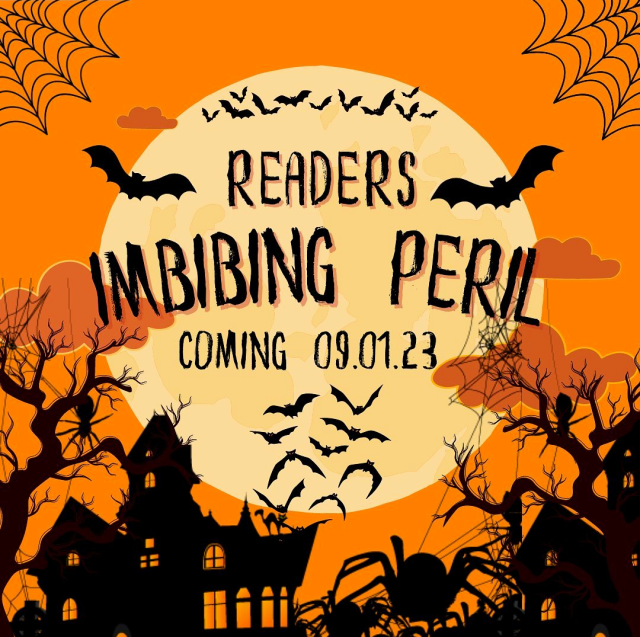
The Voice of the Violin
by Andrea Camilleri.
La voce del violino (1997)
translated by Stephen Sartarelli.
Picador, 2006.
The fourth title in Andrea Camilleri’s Inspector Montalbano (il Commissario Montalbano) series is as good as its predecessors in terms of wit, humour, story, characterisation and local colour.
Set at a time when mobile phones and computers were making an impact on everyday policing – in Sicily as much as anywhere else – the focus is nevertheless on patient sleuthing and careful profiling during the course of a murder investigation.
And because we observe everything entirely through the eyes of Salvo Montalbano of Vigàta the author plays fairly with us readers whilst simultaneously revealing the inspector’s strengths and foibles; in this way we know that he means well even if he bends the rules so that justice may eventually be done.

A series of odd incidents leads Montalbano, suspecting foul play, to clandestinely break into an isolated house where he does indeed find a crime: a naked woman covered in her own blood, suffocated by her bedsheets. While pursuing leads he rubs up his new superiors the wrong way and is taken off the case. The ambitious head of the local squadra volante, Montelusa’s flying squad, then directs a team to locate a possible suspect, who’s then shot dead. Case closed. Or is it?
Montalbano is troubled, feeling his hands are tied. But circumstances seem to be drawing him back to resuming the case, and it will also be circumstances that provide unexpected but crucial clues that lead to the murder being solved.
But this is no routine, played by numbers, crime fiction. Camilleri is hugely interested in people and in their psychology; so while in classic fashion we’re invited to consider means and opportunity it’s motivation that he chiefly gets Montalbano to consider. What persuades individuals not only to commit crimes but also influences how they act in their dealings with other people? Police colleagues, Salvo’s long-distance love interest Livia, the boy François from The Snack Thief, the husband, the lover, the female friend and the stalker of the murdered woman, the inspector’s bosses, even the local Mafia – all come under the author’s microscope and thus ours too.
As befits a long-running book series each episode can be read as a standalone but we can also savour continuing scenarios, all of which add to the richness of this slice of Sicilian life. And then there’s the title: seemingly an inconsequential McGuffin which pops up in the narrative now and again, the tone or ‘voice’ of a violin could prove a key jigsaw piece to solve the puzzle, but only when we’ve all but forgotten about it.

Read for Readers Imbibing Peril #RIPxviii – Mystery, Suspense, Thriller, Dark Fantasy, Gothic, Horror, and the Supernatural – and my September title for the TBR Pile Challenge #TBRyear10

I’ve previously reviewed the first three Montalbano novels, linked here: The Shape of Water, The Terracotta Dog, and The Snack Thief.

Chekhov’s Violin.
Chekhov’s Gun’s little known second cousin 😉
LikeLiked by 2 people
Heh, had to look up a synopsis of Chekhov’s story to get the reference – I shall have to see if it’s on my shelves. At least in this Sicilian murder mystery there’s no clichéd reference to machine guns in violin cases …
LikeLiked by 1 person
Chekhov’s gun is now a classic reference to something apparently insignificant being a major part of the story later on.
Thank goodness for that. But I will say, when a cliche is handled well, it actually gives me a comfortable sense of belonging. Weird as that may sound.
LikeLiked by 1 person
Well, one lives and learns – at least in my case, as I’m continually reminded by life’s stumbling blocks! And now that I’ve looked up that fount of all knowledge, Wikipedia, I’m now a wiser and a little sadder man.
LikeLiked by 1 person
Oh, did you look up Chekhov himself? Yeah, I avoid learning about authors as people. It usually doesn’t end up going well for me 🙂
But now you know. And knowing’s half the battle!
(and I’m just full of wise old sayings this morning, hahahaha)
LikeLiked by 1 person
Touché!
LikeLiked by 1 person
I know some people love connecting to authors, and if that works for you, then more power to you, you know?
I usually find out stuff I don’t want to know about them and then can’t separate that from their works. So I’ve stopped.
LikeLiked by 1 person
I do get that.
LikeLiked by 1 person
I find myself less able to enjoy mysteries where someone on the police force bends the rules because he “means well” in these days of police violence in the U.S. My daughter calls it all “copaganda” and her arguments have wormed their way into my brain.
LikeLiked by 1 person
Point taken, Jeanne. However, by ‘bending the rules’ here I mean that Montalbano battles against superiors who take him off a case in which he’s asking awkward questions to get at answers to a murder, and who continues to clandestinely investigate when he’s convinced – rightly, in turns out – that they have killed the wrong suspect.
When I say ‘he means well’ I mean that at a time (in the late 90s) when corruption in the various branches of law enforcement is endemic and when even a weakened Mafia pulls strings, a left-leaning cop like him has to steer a dangerous course so that the right criminals can be caught.
And all this makes Camilleri’s series so attractive: his protagonist is no lover of violence, uses intelligence and nous to get at the truth but is also no saint – he’s prone to irritation and has long-running commitment issues with his long-distance girlfriend. And Camilleri uses just the right amount of humour to lighten the mood even when the crime committed is extremely dark.
LikeLiked by 1 person
I see; there’s no need to bring an American-centric viewpoint to this story.
LikeLiked by 1 person
It’s nothing like British policing either, you’ll be pleased to know! This is sleuthing from a small police station in a small town on the southern coast of Sicily, with a team of amiable but eccentric officers who quietly resist the unwelcome and miaguided interference of cops from the neighbouring city.
LikeLiked by 1 person
Not sure why I haven’t dared jump into this series. You may have convinced me now is the time
LikeLiked by 1 person
I have to say that it was the TV series that drew me in, Emma, but when one looks at the number of titles – twenty-seven! – I can see why it may be daunting. I got the first half dozen or so titles early on and am working my way slowly through them in order.
LikeLiked by 1 person
I’ve not read any of these, Chris, but they do sound good. And I think Mr K was impressed with the TV series, so maybe I’ll have to have a go!!
LikeLiked by 1 person
Yes, do, but begin at the beginning and see how you fare with them – and Mr K was right to be impressed with the adaptations, and though it got just a little too predictable in terms of characterisations as it went on – the clueless womaniser, the clumsy computer nerd, the protagonist’s curious appeal for beautiful young females even as he aged – the plotting and the Sicilian setting were always engaging.
LikeLiked by 1 person
I have come across these but not read them yet. But I do like the sound of them from your review. Having just read an Italian cosy, though very different in tone, a chance to go back to that setting is tempting too. Will look out for them.
LikeLiked by 1 person
As I said to Karen above, if you are tempted do start with the first in the series – it establishes the atmosphere and the main characters who maintain the impetus through the series of titles.
LikeLiked by 1 person
I love this series of novels, but got stalled at around number 8, one day I’ll pick them up again. I love the way Camilleri brings in Italian food and wine all the time, and Livia is a great foil to Montalbano.
LikeLiked by 1 person
I’m surprised at how close the TV adaptation has kept to the incidents and spirit of the novel – as I read each instalment there’s a degree of familiarity even if there’s been quite a gap in time since I saw the episode (or repeat of an episode – often we’re halfway through watching a programme before we recognise we’ve seen it before). And yes to the food and drink – those arancini!
LikeLiked by 1 person
Oh, I should try this series! I find I’m really only interested in mysteries when they provide some illumination about human psychology. I also appreciate a good setting.
LikeLike